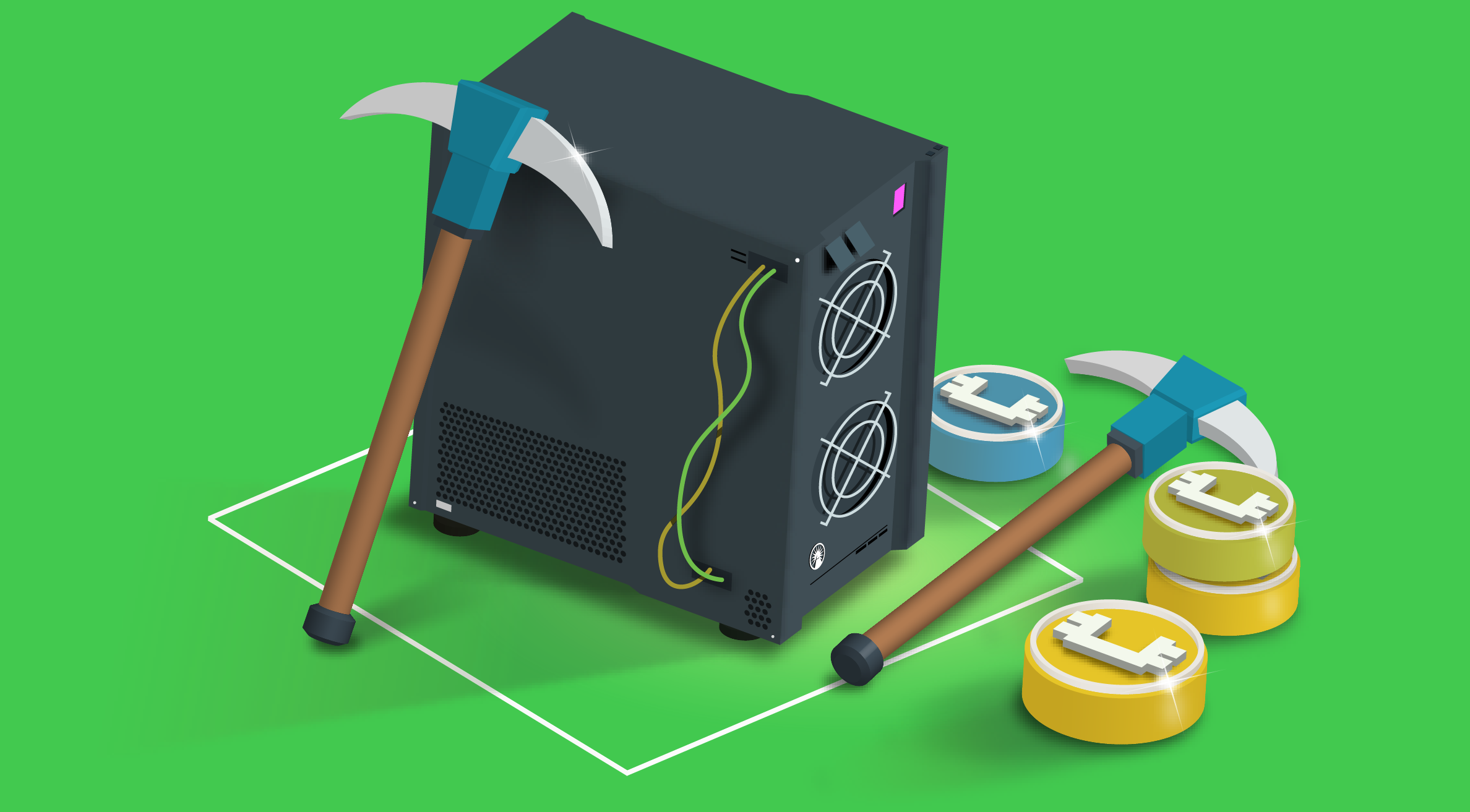
The Role of Miners in Blockchain Networks
Understanding Blockchain Mining
Blockchain mining serves as the backbone of decentralized networks, playing a crucial role in verifying transactions and securing the integrity of the ledger. Mining involves solving complex mathematical puzzles to add new blocks to the blockchain, a process that requires computational power and specialized hardware.
Securing Transactions
At its core, the primary function of miners is to validate and secure transactions on the blockchain. Each transaction must undergo a rigorous verification process, where miners compete to solve cryptographic puzzles. Once a miner successfully solves a puzzle, they add a new block to the blockchain, containing a batch of verified transactions.
Driving Blockchain Consensus
Blockchain networks rely on consensus mechanisms to ensure that all participants agree on the state of the ledger. Mining plays a pivotal role in achieving consensus, particularly in proof-of-work (PoW) systems like Bitcoin. Miners compete to solve puzzles, with the longest valid chain representing the majority consensus.
Rewarding Miners
In return for their efforts, miners are rewarded with newly minted cryptocurrency coins and transaction fees. This incentivizes miners to invest in expensive hardware and electricity to secure the network. The reward system also helps distribute newly created coins into circulation, promoting network participation and liquidity.
Challenges and Competition
Mining is not without its challenges. As blockchain networks grow in popularity, competition among miners intensifies, driving up the difficulty of mining puzzles. This results in increased energy consumption and operational costs, making it harder for individual miners to compete against large mining pools.
Environmental Impact
The energy-intensive nature of blockchain mining has raised concerns about its environmental impact. Proof-of-work algorithms require substantial computational power, leading to significant electricity consumption. Critics argue that this energy expenditure is unsustainable and contributes to carbon emissions.
Technological Advancements
To address scalability and environmental concerns, blockchain developers are exploring alternative consensus mechanisms. Proof-of-stake (PoS) and other consensus algorithms aim to reduce energy consumption by eliminating the need for intensive computational tasks. These advancements could pave the way for a more sustainable and efficient blockchain ecosystem.
Decentralization vs. Centralization
Another ongoing debate in the blockchain community revolves around the centralization of mining power. As mining becomes increasingly competitive, large mining pools consolidate control over network resources, raising concerns about centralization and censorship resistance. Efforts to promote decentralization include encouraging small-scale mining operations and implementing algorithm changes to discourage mining centralization.
Regulatory Scrutiny
The growing popularity of blockchain technology has attracted regulatory attention worldwide. Governments are exploring ways to regulate cryptocurrency mining, citing concerns about energy consumption, financial stability, and illicit activities. Regulatory uncertainty poses challenges for miners, who must navigate evolving legal landscapes while maintaining operational efficiency.
The Future of Mining
Despite challenges and controversies, mining remains a fundamental aspect of blockchain networks. As technology evolves and stakeholders work towards sustainability and decentralization, the role of miners will continue to adapt. Whether through technological innovations, regulatory reforms, or community-driven initiatives, miners will play a vital role in shaping the future of blockchain technology. Read more about miner in blockchain
